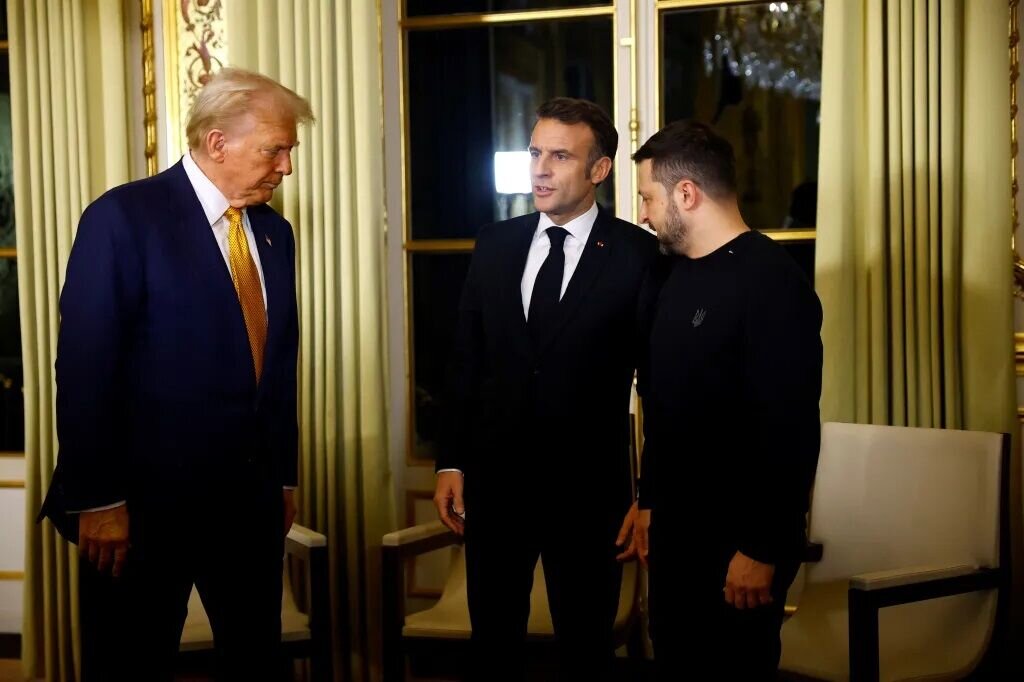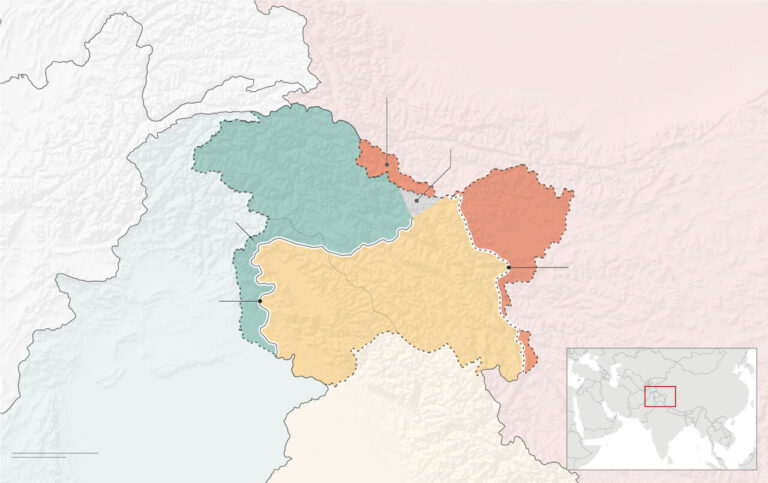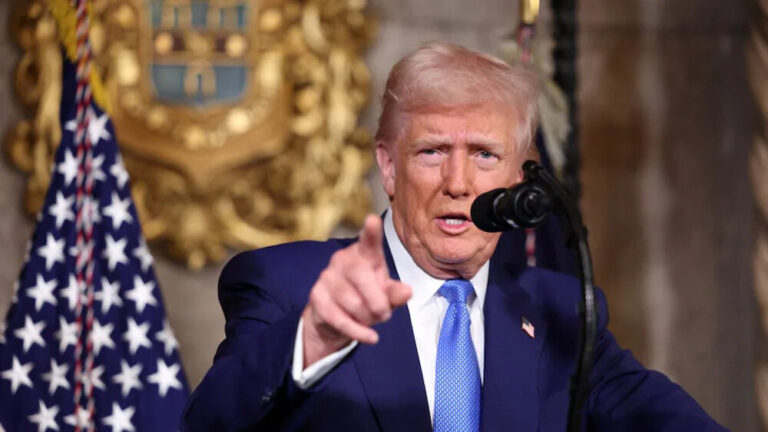Trump Shifts Stance: A Surprising Break with Ukraine’s Zelensky
The recent diplomatic tensions have escalated dramatically following a controversial meeting between the United States and Russia aimed at addressing the ongoing Ukraine war. This meeting, which notably excluded Ukraine, has sparked a fierce exchange of words between the two presidents, further complicating the already strained relations in the region.
In a significant development, this meeting came on the heels of a phone call earlier this month between US President Donald Trump and Russian President Vladimir Putin. The two leaders expressed their intent to initiate negotiations aimed at bringing the war in Ukraine to a close. However, the decision to exclude Ukraine from these discussions has provoked a strong backlash from Ukrainian President Volodymyr Zelensky.
Zelensky firmly stated that Ukraine would not accept any agreements made without its involvement. He criticized the Trump administration for “bringing Putin out of isolation,” highlighting the perceived danger of negotiating with Russia without Ukraine’s participation.
In a pointed response, Trump suggested that Ukraine bore some responsibility for the conflict, declaring, “You’ve been there for three years, you should have ended it… You should have never started it. You could have made a deal.” This statement was seen as a direct jab at Zelensky, who has been leading the Ukrainian government during this tumultuous period.
Furthermore, Trump referred to Zelensky as “a dictator” and cautioned him to expedite negotiations to end the war, warning that failure to do so could jeopardize the very existence of Ukraine as a nation. In response, Zelensky accused Trump of falling for Russian “disinformation” tactics, asserting that the narrative being pushed by the former president was misleading and harmful to Ukraine’s interests.
The backdrop to this contentious exchange is rooted in a long history of conflict. Russia invaded Ukraine three years ago, following its annexation of Crimea in 2014. The international community has largely condemned these actions, with prior US administrations, including that of President Joe Biden, seeking to isolate Russia diplomatically and economically due to its aggressive posture.
In contrast, Trump appears to be reviving a more conciliatory approach towards Russia, reminiscent of his first term in office. His decision to engage in negotiations with Moscow without consulting Ukraine has placed Zelensky in a particularly awkward position, caught between the demands of his allies and the realities of a complex geopolitical landscape.
The implications of these developments are profound, as they not only affect Ukraine’s negotiating power but also have the potential to reshape international relations in the region. Observers are now closely monitoring how Zelensky will respond to the growing pressure and whether he can navigate this challenging situation to safeguard Ukraine’s sovereignty.
Key points to consider regarding this ongoing situation include:
- Exclusion of Ukraine: The decision to hold talks without Ukraine has drawn significant criticism and raised questions about the legitimacy of any agreements reached.
- Trump’s Stance: The former president’s comments indicate a willingness to shift blame onto Ukraine, which could undermine Zelensky’s position.
- Accusations of Disinformation: Zelensky’s assertion that Trump is falling for Russian disinformation highlights the broader issue of information warfare in the conflict.
- Historical Context: Understanding the timeline of Russia’s aggression towards Ukraine is crucial for comprehending the current dynamics at play.
As the situation unfolds, the international community will be watching closely to see how both leaders will navigate their diplomatic strategies and whether a resolution to the conflict can be achieved. The stakes are high, not just for Ukraine, but for global stability in the face of ongoing tensions between these major powers.
In conclusion, the conflict in Ukraine is at a critical juncture, influenced by the recent developments between the United States and Russia. The exclusion of Ukraine from crucial negotiations, alongside the harsh rhetoric from both sides, underscores the complexities of international diplomacy and the challenges that lie ahead.
As discussions continue, it remains to be seen how these dynamics will affect the future of Ukraine and its global standing in the geopolitical landscape.






